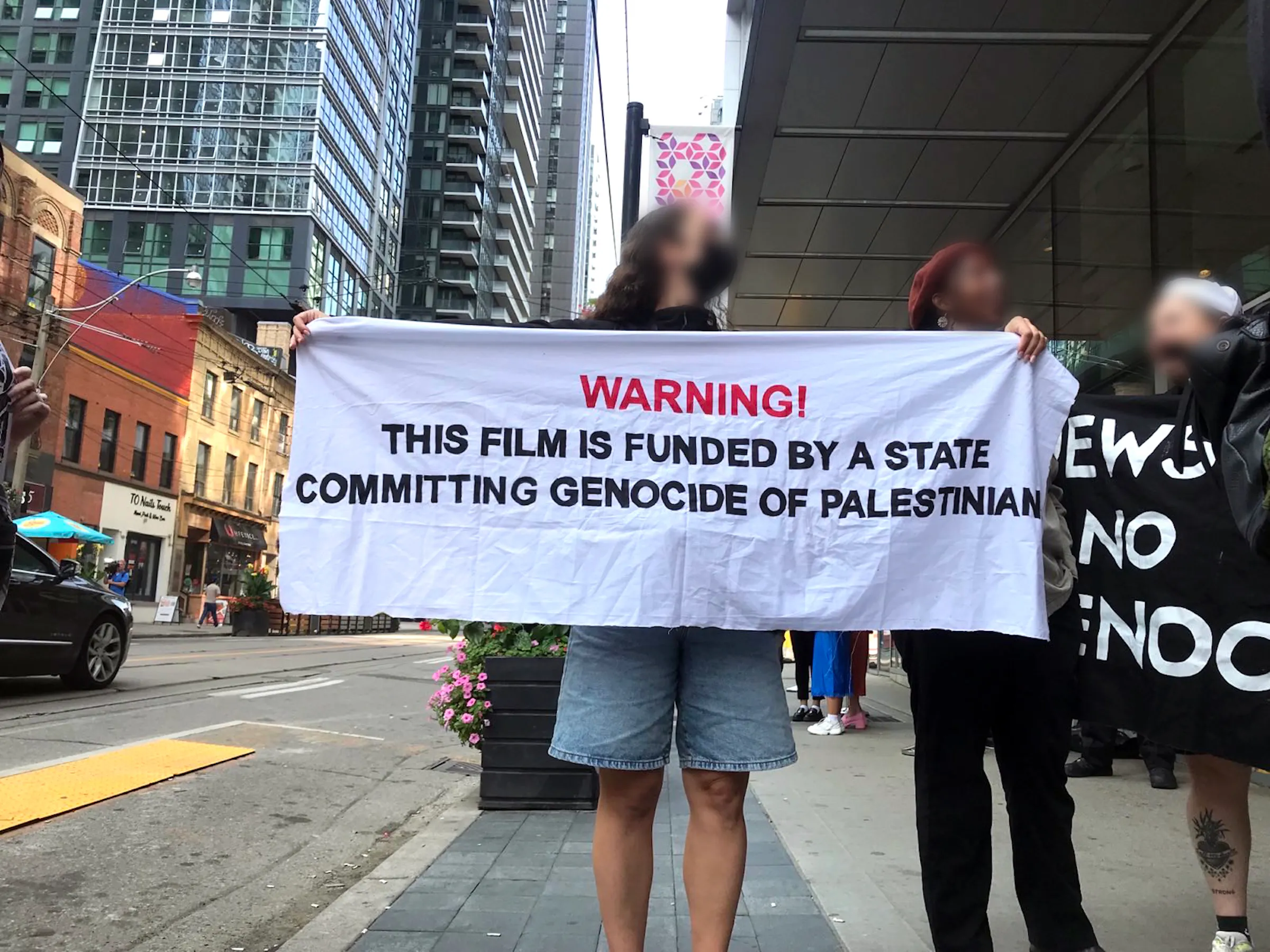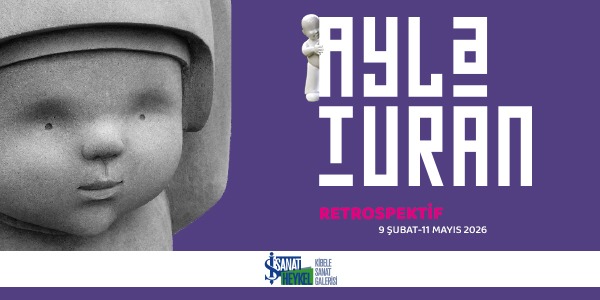The Toronto International Film Festival (TIFF) witnessed a moment of tension on September 11, as anti-Zionist activists interrupted the premiere of Bliss (Hemda), an Israeli film directed by Shemi Zarhin. Protesters, including filmmakers, artists, and anti-Zionist Jewish activists, expressed their opposition to the film’s connections to the Israeli government, sparking a brief disruption at the Scotiabank Theatre.
Bliss, a family drama about an aging couple’s struggles with everyday life, is the sole Israeli work in this year’s festival lineup and one of its featured centerpiece films. However, it became the focus of controversy due to its financial backing from Israeli institutions, including the Israeli Film Council and the Ministry of Sport and Culture. Activists argued that the film’s funding violates the Boycott, Divestment, and Sanctions (BDS) movement’s guidelines, which call for the boycott of Israeli state-backed projects.
During the film’s introduction, activists stormed the stage, chanting “Free Palestine” and displaying banners denouncing the film’s ties to Israel. Their protest was met with mixed reactions from the audience, with some members attempting to remove the banners, while others shouted in disapproval. Security eventually removed the demonstrators, who continued their picket outside the theater, raising awareness about the ongoing Israeli attacks in Gaza and the West Bank.
Groups like Jews Say No To Genocide, Artists Against Artwashing, and Writers Against the War on Gaza (WAWOG) organized the protest, spotlighting the deaths of tens of thousands since the October 7 attack by Hamas, and condemning TIFF for platforming an Israeli state-funded production amid ongoing violence.
Palestinian-Canadian documentary filmmaker Serene Husni, who joined the picket outside, criticized TIFF’s decision to include the film, calling it a “hostile and political message” to the Palestinian community. Husni expressed frustration at TIFF’s Programming Statement for Peace, published earlier in the year, which called for a ceasefire but failed to recognize what she described as the “genocide” against Palestinians.
Husni emphasized the moral and legal responsibility of supporting the BDS movement, urging filmmakers and audiences alike to take a stand against what she sees as complicity in Palestinian oppression. The protest underscored the ongoing tension between cultural platforms and the politics of representation during times of conflict.
TIFF and director Shemi Zarhin have yet to comment on the disruption.









